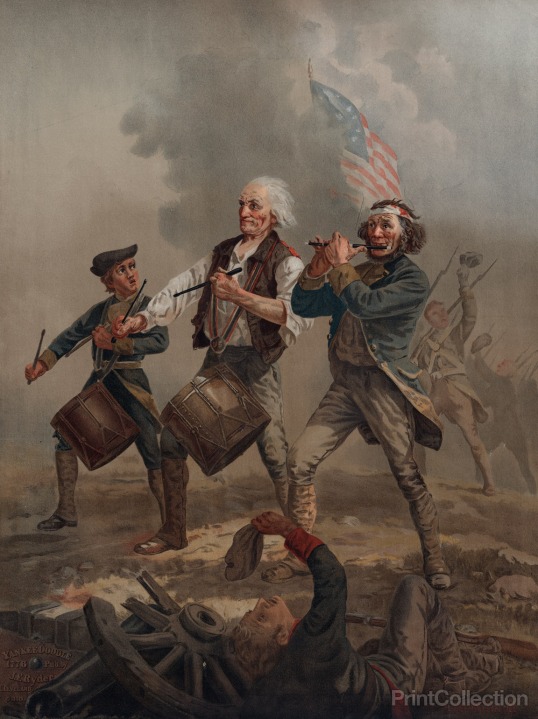What is a Yankee really?
A Yankee is someone from New England. It comes from the American Civil War times right? And it´s the baseball team that always wins? Well, yes and no, because Yankee is so much more than that. These would be a few common responses in the modern United States, but evidently Yankee can mean different things depending on where you are. According to “Writing Gooder” blog, a Yankee is the following:
- To foreigners, a Yankee is an American.
- To Americans, a Yankee is a Northerner.
- To Northerners, a Yankee is an Easterner.
- To Easterners, a Yankee is a New Englander.
- To a New Englanders, a Yankee is a Vermonter
- And in Vermont, a Yankee is somebody who eats pie for breakfast.
A Yankee in Argentina (Yanqui) is what other countries call “gringos.” As the list above states, it is used to describe someone from the United States–anyone, and not just someone from the north. Pronounced something like “Shunky” (and not to be confused with junkie), it is not used intentionally as a derogatory term, although it can happen and there are other alternatives that could be used in Spanish, such as “estadounidense” o “americano/a,” which will be mentioned in another blog post another time. Some Argentine friends and English teachers recently told me that they thought the word was used incorrectly in Buenos Aires, as a more targeted definition would be for Americans from the northern states. Knowing this, another Italian student recently asked me what a colleague from the US meant when she said she was a Yankee. I told him the same, but his colleague was making a reference more to her political views than where she was from. She was instead stating that she was not (a conservative Texan). The word is highly confusing, even for Americans! So where did it come from?
There are many theories about the origin of the word. Evidently in New England, the prevalent theory is that it originated among a group of Native Americans who pronounced the word “English” as “yengis” or “yengeese,” which later was Anglicized to “Yankees.” Linguists, however, have linked the word to Dutch origins, rather than being from Native American and English contact. During the colonization of North America, the areas which are now New York, New Jersey, and Delaware were inhabited by the Dutch, which is why New York was originally called New Amsterdam. The states of Massachusetts, Rhode Island, and Connecticut were inhabited by the English. Naturally the two groups interacted often and eventually began to mix. There are three major arguments as to where the word Yankee came from based on this history.
1. Jan and Kees are common first names in the Dutch language, in use today and during colonization as well. The two names are sometimes combined into Jan Kees – this could have then developed into Yankee to describe English settlers moving into previously Dutch colonized areas.
2. The Dutch nickname Janneke (meaning “little John” or Johnny), would be Anglicized to Yankee, meaning converting it to a more English pronunciation and spelling in this case. This explanation believes that Yankee was used to describe Dutch-speaking American colonists, and by extension non-Dutch colonists.
3. The derogatory term John Cheese was often used to describe Dutch settlers, who were popular for their cheese production. The Dutch translation for John Cheese would be Jan Kaas; this could have also been Anglicized to Yankees and therefore be where the word originated.
The word Yankee has been very present during times of war. Even before the American Revolution, British soldiers used the term Yankee to mock American soldiers. It was combined with the word “Doodle”, which was a derogatory term that meant “fool” or “simpleton,” to create the song Yankee Doodle which today ironically is a symbol of American pride. I suppose that pride came from winning the war… Later on during the Civil War, the Yankees were the hated opponents of the Confederates. In World War I, the English began calling American soldiers, both Southerners and Northerners, Yankees, and it was then shortened to Yank and became popular in the United States. Yankee and Yank were again popular designations for the American soldier in World War II. The term Yanqui is used in some Latin America countries to describe US citizens, often—especially after the Cuban Revolution— with a note of hostility.
Yankee Doodle by Archibald Willard
So there you go. How many of you associated the Dutch with this term used worldwide with such rich historical significance? I certainly didn´t!


